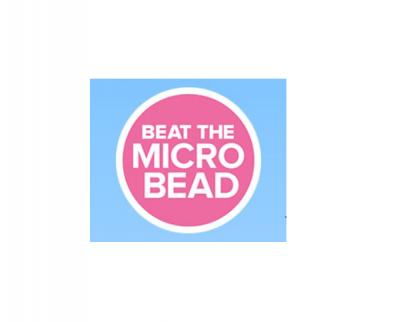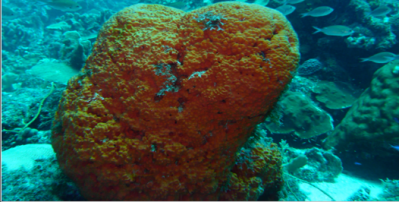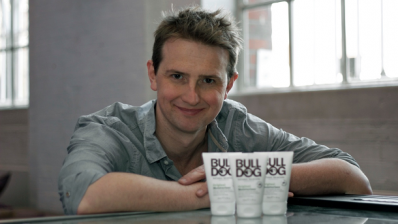Floratech exec warns on getting eco-friendly microbead claims right

Florabeads and Ecobeads are said to be a cost-sensitive, eco-friendly ingredient for body washes, exfoliants, acne treatments, cleansers and a full range of skin care and cleansing products.
According to Steve Brown, Floratech's president, the beads offer two distinct advantages to formulation professionals.
“First, these beads are biodegradable, and in our opinion, are the least likely to ever be banned. Florabeads and Ecobeads are made from natural waxes and are proven to be biodegradable,” he said.
“Second, Florabeads and Ecobeads are functional equivalents to microplastics in their ability to provide effective exfoliation, without causing skin irritation as many other alternatives can cause.”
What the legislators are aiming for...
The big issue with microbeads, which has led to legislative moves in a string of US states, is that they are not biodegradable, which leads to accumulations of the plastic beads in water ways, rivers and lakes, and ultimately considerable repercussions for the environment.
However, despite the legislation activity at the state level, Brown believes the move towards banning the beads still has some way to go.
“While there has been a lot of talk about banning microplastics, as of this date only one state, Illinois has passed legislation outlawing their use. Multiple states including New York, New Jersey, California, Ohio, Michigan and Minnesota are considering legislation,” he said.
“At the national level, there has also been a bill introduced to ban the use of microplastics, and many of the large multinationals have pledged to stop using microplastics by a certain date in the future.”
Legislators on the right track
But Brown believes that the legislators are on the track because of the classification for the plastic beads and the clear deadline for banning them.
“Most of the bills define “microplastics” on a chemical or chemical process level, and then require their removal from consumer goods by a certain deadline. This approach is practical because most substances can be identified as either falling under or out of the regulation, purely by knowing the chemical structure or processing involved,” he said.









